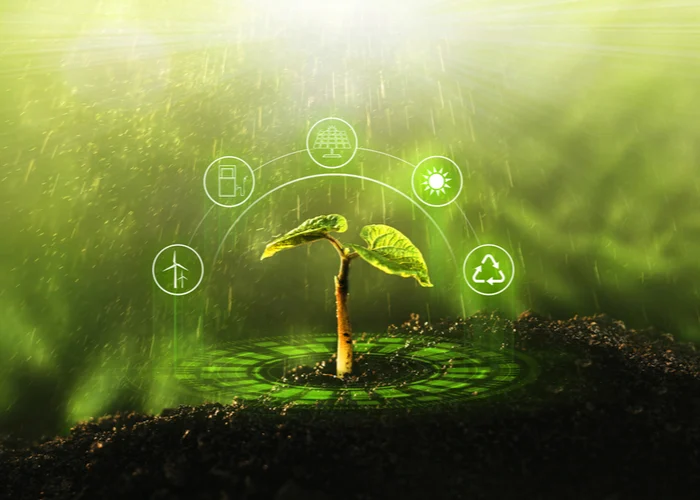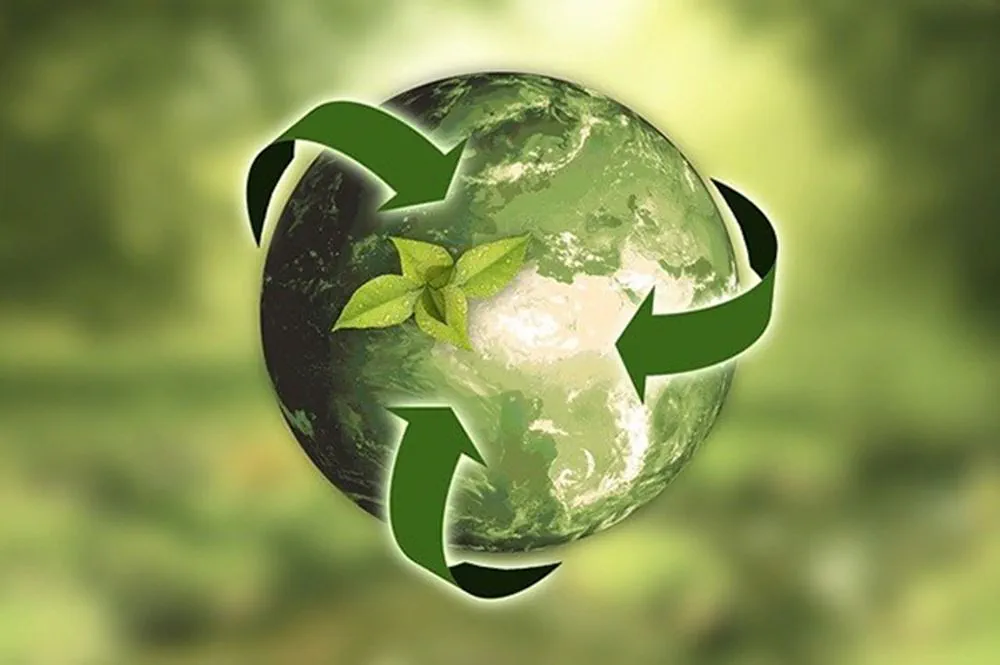How Sustainable Agriculture Can Help Preserve the Planet

Sustainable agriculture is a method of farming that promotes the use of natural resources in a way that is environmentally-friendly, socially responsible, and economically viable. This approach aims to address the challenges facing agriculture today, such as soil degradation, water scarcity, and climate change.
One of the main principles of sustainable agriculture is soil conservation. This involves using practices that maintain or improve the health of the soil, such as crop rotation, cover cropping, and reduced tillage. These practices not only help to preserve the soil’s fertility but also reduce erosion and prevent nutrient runoff.
Another key aspect of sustainable agriculture is water management. With many regions experiencing water scarcity, it is essential to use water resources wisely. Sustainable agriculture involves practices such as drip irrigation and rainwater harvesting, which help to conserve water and improve the efficiency of water usage.
Sustainable agriculture also emphasizes the use of organic fertilizers and pesticides. This approach minimizes the use of synthetic chemicals that can harm the environment, wildlife, and human health.

Moreover, sustainable agriculture supports biodiversity conservation by promoting the use of agroforestry and integrating crop and livestock production. These practices create diverse habitats for wildlife and can help to restore degraded landscapes.
In addition to the environmental benefits, sustainable agriculture can also have economic benefits for farmers. By reducing input costs, improving soil health, and increasing crop yields, farmers can achieve greater profitability in the long term.
In conclusion, sustainable agriculture offers a viable solution to the challenges facing agriculture today. By promoting the use of natural resources in an environmentally-friendly and socially responsible way, sustainable agriculture can help to preserve the planet and support the livelihoods of farmers.










